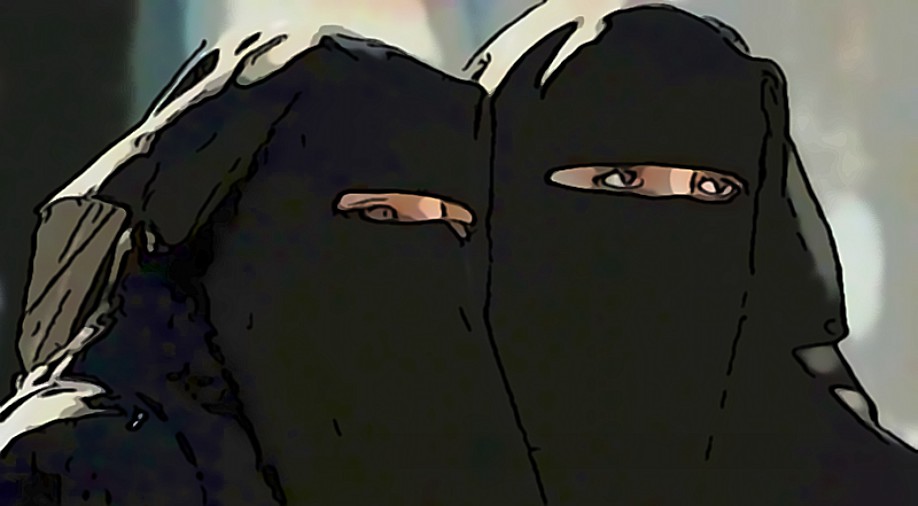
Sri Lanka is set to ban burqa in the country over security concerns. The move comes two years after the Colombo church bombings which killed 258 and injured hundreds. The island nation’s government is also planning to prohibit unregistered Madrasa schools in view of the extremist teachings in such Islamic schools.
The Minister of Public Security Retired Rear Admiral Sarath Weerasekara addressing a function in Kalutara said that he has signed a directive banning the wearing of the burqa in Sri Lanka a day ago.
Noting that wearing burqa was a recent addition in Sri Lanka, he said that a group of religious extremists had introduced the tradition of wearing the burqa in the past and that Muslim women had never worn such a burqa before. He said the burqa is a symbol of religious extremism that came recently.
On April 21, 2019, nine suicide bombers belonging to the local Islamist militant group National Thawheed Jamaat linked to ISIS carried out a series of blasts. Among the perpetrators was Fathima Ilham, wife of another perpetrator of the blast Mohamed Ibrahim Ilham Ahamed. The burqa-clad terrorist detonated her bomb, killing herself and her three sons, and three police officers, in the police raid of her home in Dematagoda.
He also said that there are more than 1000 Madrasa schools in the country that are not registered in line with the national education policy and steps will be taken to close them in the future due to their lack of proper regulation.
Minister Weerasekara emphasized that every child between the ages of 5-16 in the country should be educated according to the national education policy introduced in the country.
The move by Sri Lanka comes a week after Switzerland voted to ban “full facial coverings” like burqa and niqab in public. France and other European countries like Belgium and Austria have already banned face coverings.
